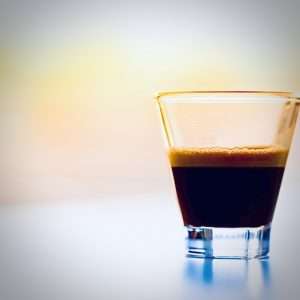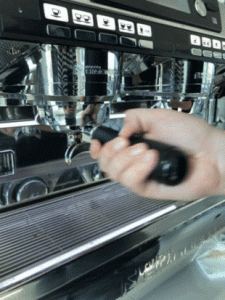Find Your Perfect Coffee Machine!
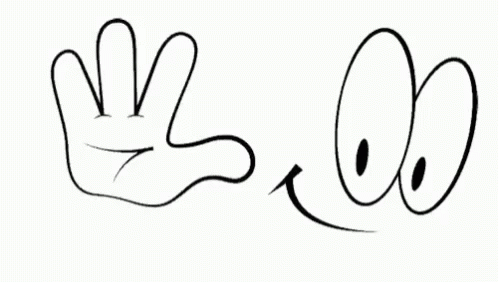
Hello…Click Here NOW
Find the best espresso machines and coffee makers for home, office, or travel. Compare top-rated models and make the perfect choice!
Shop Now on Amazon
Start your day with the smell of fresh coffee! Whether you’re at home or on the go, making delicious coffee is now easy.
Welcome to es7a.com, your trusted source for discovering a wide variety of coffee machines available on Amazon. Whether you’re new to brewing coffee at home or looking to upgrade your current setup, our selection has something for everyone.
At es7a.com, we provide detailed insights and information to help you choose the best coffee machine that fits your needs. By shopping through our links, you can easily access Amazon’s trusted platform and take advantage of their excellent customer service and fast shipping.
Explore our curated coffee machine recommendations and find the perfect match for your coffee preferences. Start your journey to better coffee today with es7a.com!
Your Perfect Cup of Coffee Starts Here
Dear Fellow Coffee Lover,
Have you ever taken that first sip of coffee in the morning and thought, “This could be better”?
You’re not alone. Most people think they need to visit a fancy café—or be a trained barista—to make the perfect cup of coffee. But the truth is, you can craft café-quality coffee right at home… with just a little guidance and the right machine.
Here are three tips that can dramatically upgrade your coffee experience starting today:
Fresh Beans Are Everything
Always use freshly roasted, whole beans. Grind them just before brewing to preserve the oils and aromas that make your coffee rich and flavorful.
Water Quality Matters
Coffee is 98% water. If your tap water tastes off, so will your brew. Use filtered water for the cleanest, brightest taste.
Right Equipment = Right Results
The best beans in the world can’t help you if your machine is inconsistent or underpowered. A reliable coffee machine ensures optimal temperature, pressure, and extraction every time.
That’s why so many coffee enthusiasts (myself included) are turning to Amazon’s top-rated coffee and espresso machines. Whether you’re into smooth pour-overs, bold espressos, or rich lattes, there’s a perfect model waiting for you.
You don’t need barista training. You just need the right tools.
Browse the best machines now and start your journey to the perfect cup
Let your kitchen become your favorite coffee shop.
To better mornings,
Coffee is a favorite way to wake up and stay alert. Here are tips to enjoy your coffee even more:
- Morning coffee: A cup after waking up can energize you.
- Choose quality: Fresh beans make the best coffee.
- Drink in moderation: Too much can cause jitters, so keep it balanced.
- Plan your timing: Coffee takes about an hour to fully work.
- Add exercise: Pair coffee with a workout for extra energy.
Why Buy an Espresso Machine?
Having your own espresso machine brings many benefits:
- Save money: Skip expensive coffee shops and make drinks at home.
- Convenience: Enjoy coffee anytime you want.
- Experiment: Try new beans and recipes.
- Impress others: Serve café-quality drinks to friends and family.
How to Maximize Your Coffee Machine
Get the best results with these tips:
- Invest in quality: A good machine lasts longer and brews better coffee.
- Grind fresh: Freshly ground beans give the best flavor.
- Use less sugar: Try healthy options like almond or oat milk.
- Clean often: Regular cleaning improves taste and extends the machine’s life.
The Best Coffee Machine for You
The Breville Oracle Touch is a top choice for coffee lovers. It automates every step, from grinding to brewing, for perfect coffee every time.
This machine is user-friendly and allows you to customize coffee strength and milk texture. With its advanced features and sleek design, it’s ideal for home use.
What to Look for in a Coffee Machine
When choosing a coffee machine, keep these features in mind:
- Dual boiler: Allows brewing and steaming at the same time for espresso and milk drinks.
- High pressure: Look for a machine with at least 9 bars of pressure for the best flavor.
- Pump type: Rotary pumps are quieter, while vibration pumps are budget-friendly.
A great coffee machine ensures balanced flavors every time!
Capsule Machines: Easy and Quick
For convenience, consider capsule machines like Nespresso. They are simple to use and deliver consistent results. Explore Top Nespresso Machines on Amazon
Prefer more control? A traditional coffee machine might be better for you.
The Future of Coffee: Super Automatic Machines
The Breville Oracle Touch is a next-generation super-automatic espresso machine. It handles grinding, brewing, and milk frothing in three simple steps.
Customize your coffee with adjustable strength, milk texture, and temperature. Save up to 8 personalized settings and enjoy café-quality coffee at home.
Tired of instant coffee? Upgrade your coffee experience with a high-quality machine like the Breville Oracle Touch.
Don’t forget to click the Add to Cart button to grab yours today!
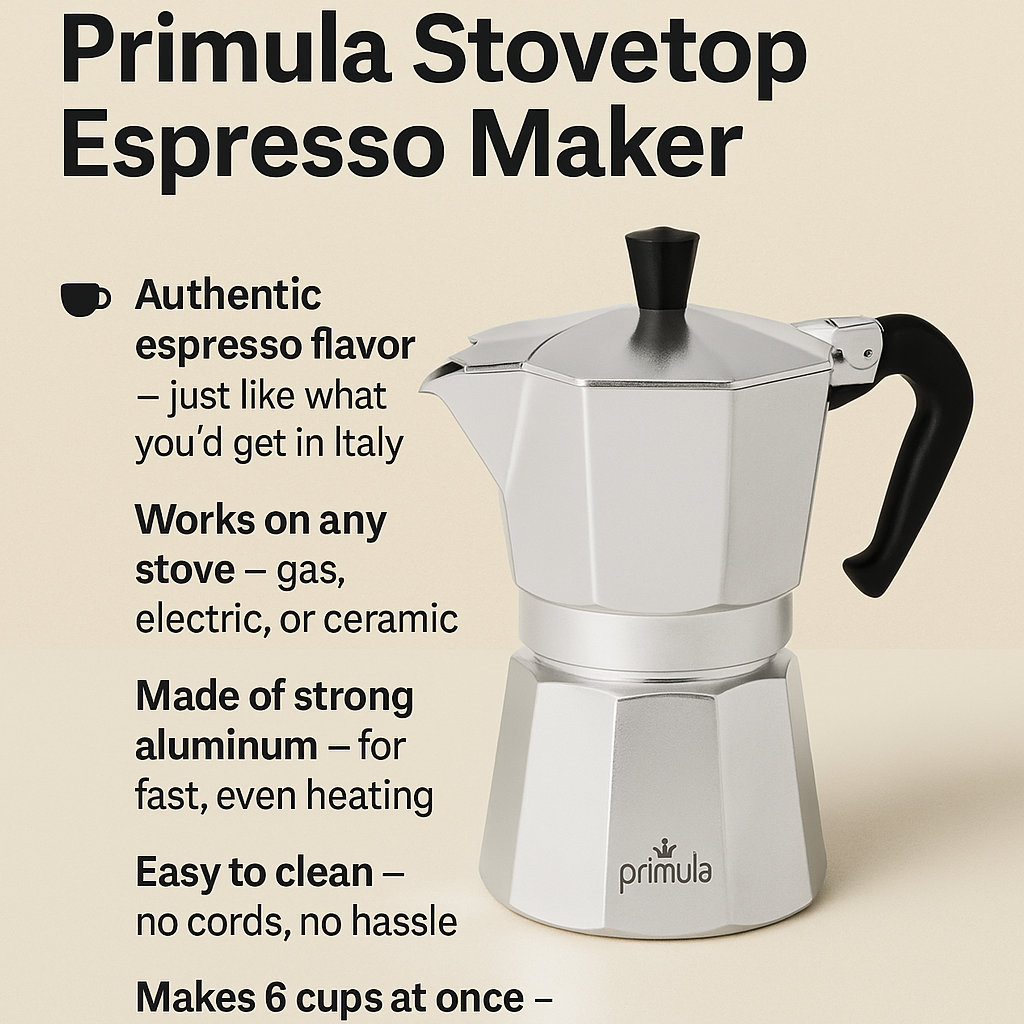
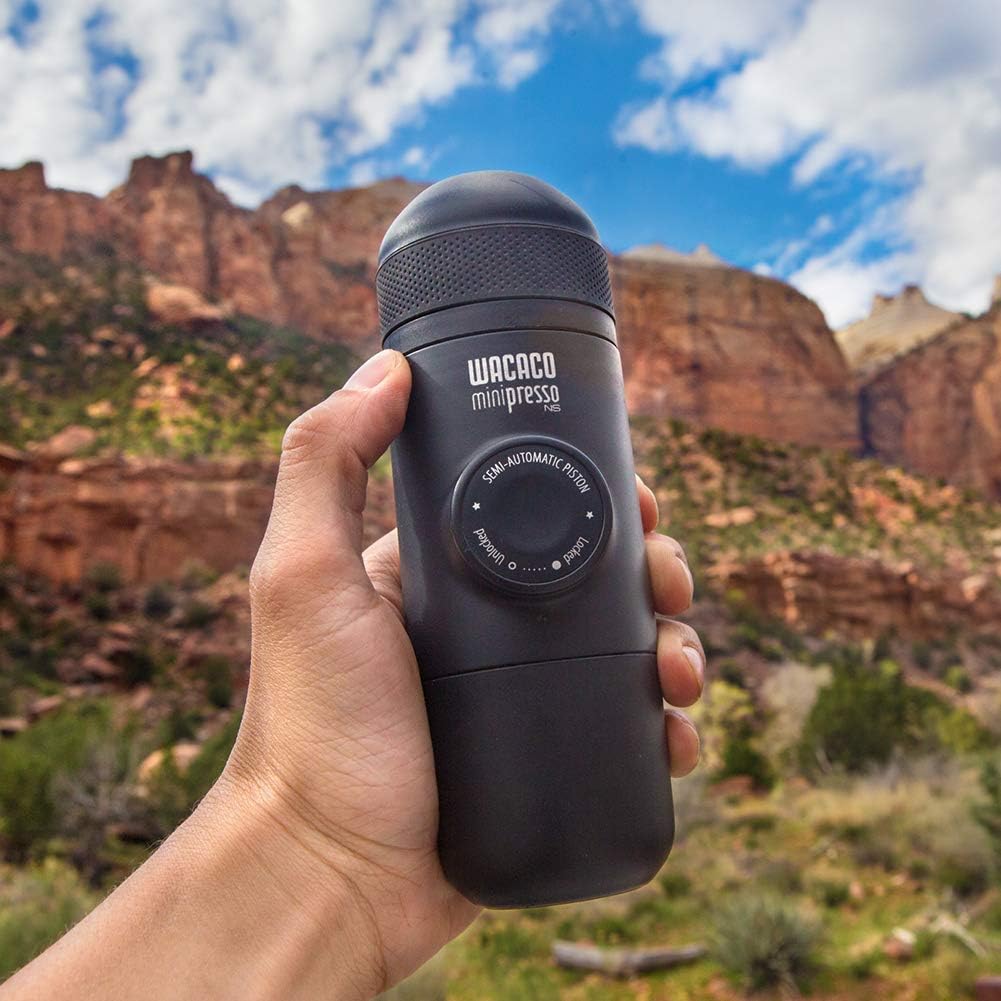

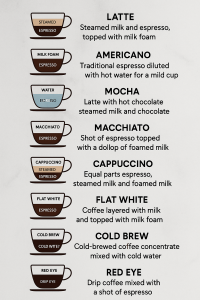 Espresso is the base for many coffee drinks like latte and cappuccino.
Drinks to Make with Espresso
Espresso is the base for many coffee drinks like latte and cappuccino.
Drinks to Make with Espresso